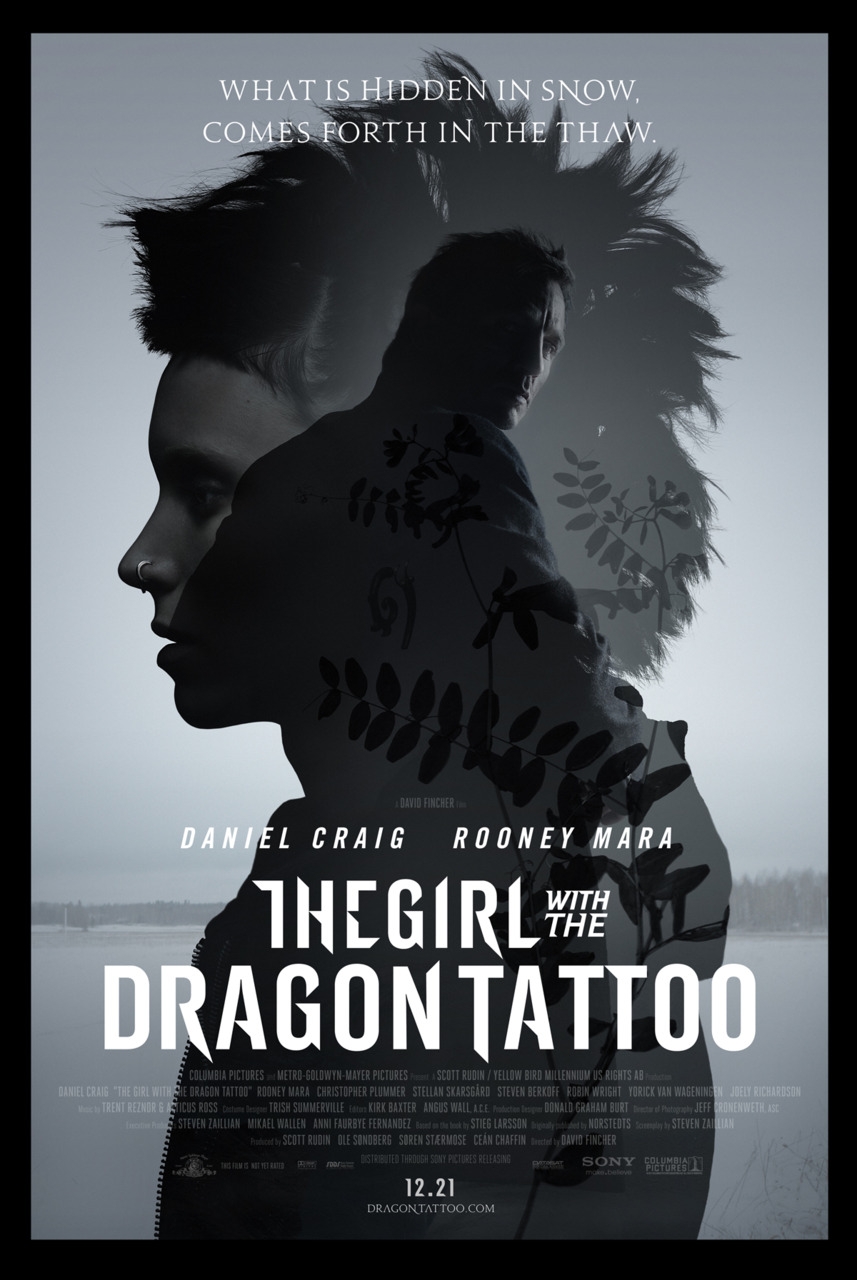
Warning: Some Spoilers Below
They're coming to get you Barbra...oh wait, wrong movie. Anyway, imagine if one day you're talking to a relative, someone you know extremely well. Now imagine this person both looks and acts the same, yet you feel something is missing, and despite what's right in front of you, you're convinced this person is an imposter, that the person who love is gone. This is the terrifying set-up for Don Siegel's Invasion of the Body Snatchers, a film which has spawned three remakes and no doubt many imitations. The film is about a small town doctor, Miles Bennell (Kevin McCarthy), who, when he returns to Santa Mira, California, encounters people who are experiencing the same situation mentioned above. While what these people are experiencing is deemed an "epidemic mass hysteria," it soon becomes apparant that the residents of Santa Mira are being replaced by alien life forms who grow from seeds and duplicate appearance of anyone. This happens when they're asleep, as the pods absorb the residents' minds.
While the stereotype of 1950s science fiction films are probably that they are "cheesy," "corny," "dated" and "over the top," Invasion of the Body Snatchers doesn't fit those stereotypes. Nearly sixty years after its release, the film is still unnerving. I think this is because of its minimalism. There's not many special effects. no spaceships and the aliens are always disguised as humans. These factors ground the film in the real world and thus make it more disturbing.
The minimalism of the film also makes everything feel more claustrophobic, both psychologically and physically. Ironically, like Alfred Hitchock's The Birds or M. Night Shaymalan's Signs, two films also very claustrophic, Invasion of the Body Snatchers also manages to create an almost apocalyptic feel to the events.
At only 80 minutes, there's an almost ruthless economy to the film, which adds to the claustrophobia of the film. Thankfully the film doesn't feel too rushed but slowly builds until its becomes a race against an unstoppable evil.
Thematically the film has some interesting things going on. When you become a pod person, you lose any kind of human emotion in return for a griefless life. Becky Driscoll (Dana Wynter), who goes on the run with Miles tells him "I don't want to live in a world without love or grief or beauty, I'd rather die." This line tells me the film is saying that while life can be painful, it's the pain, mixed in with the joy, which makes life beautiful. The asks us if we'd really want to give up pain if we couldn't have joy.
The film as released during the era of Joseph McCarthy and the communist witchhunts. There's an ongoing debate about whether the film is an allegory about the danger of communism or if its anti-McCarthyist. Some who were involved in the making of the film view the film simply as a thriller. I took that literal point of view and enjoyed the film as a creepy sci-fi horror film. The interpretations are still important to consider because they remind us of the issues of the past and how filmmakers dealt with them subvertly.
Kevin McCarthy gives a solid performance as Miles, effectively going from the reserved, rational doctor to the man screaming on the highway like a mad man, and even though we know he's right, it's hard not to believe his ordeal hasn't driven him a little mad.
Don Siegel, who 15 years later would direct Clint Eastwood in Dirty Harry, has a very direct visual style in this film but also has camera angles which puncuate certain moments and scenes, like Miles' realization that Becky has turned in to a pod person, or a close up of an awakening pod person in the foreground, with the character its duplicating in the background.
The film originally ended with Miles on the highway but Siegel was pressured in to creating a framing device with Miles in the hospital trying to explain what was happening. The film ends with Miles finally able to convince people of the threat to humanity. This gives the film some kind of hope without being too happy. As Matt Foley of the Cinefiles notes, it gives us a sense of what a possible sequel would have looked like.
I'm looking forward to checking out the 1978 remake with Donald Sutherland, which is also considered a strong film. While only seeing the original just once, it's already one of the favourite science fiction/horror films. It's that effective of a film. It's a creepy good time. If you haven't seen it, check it out.



